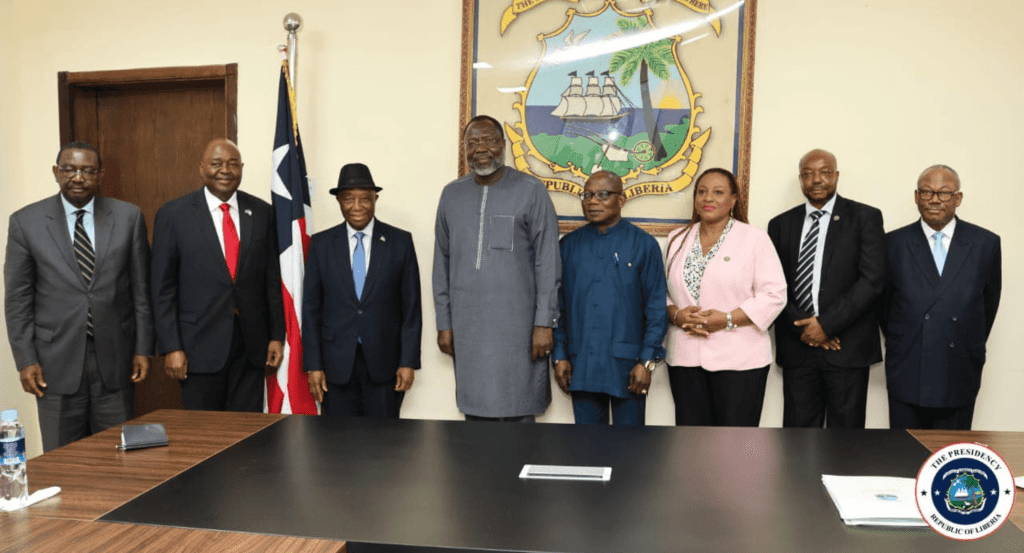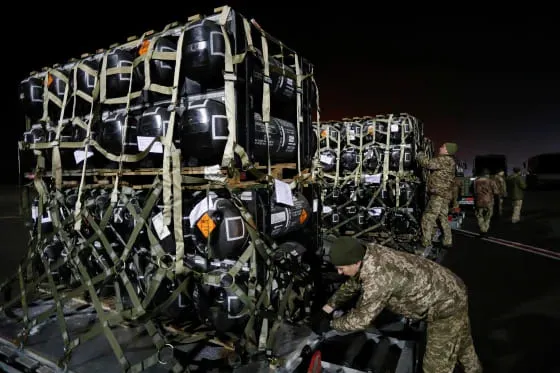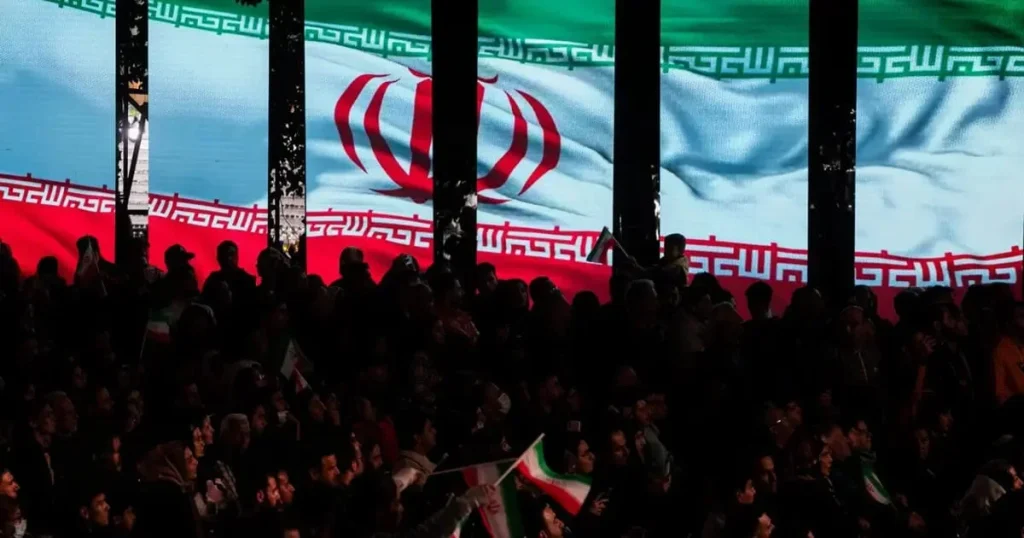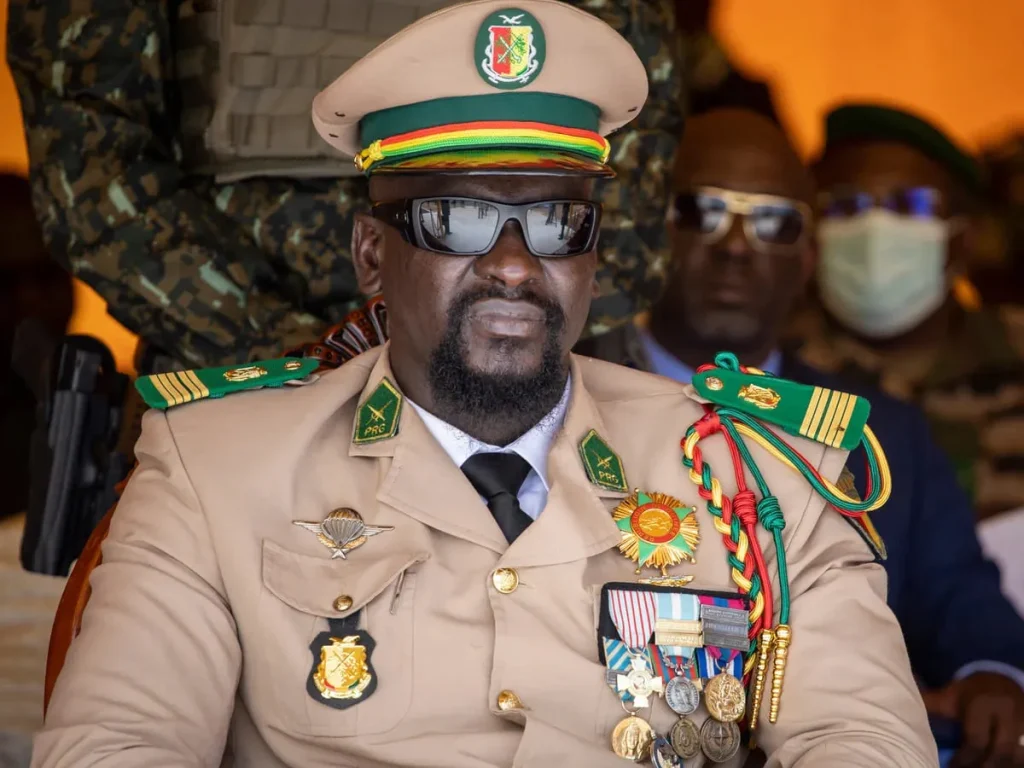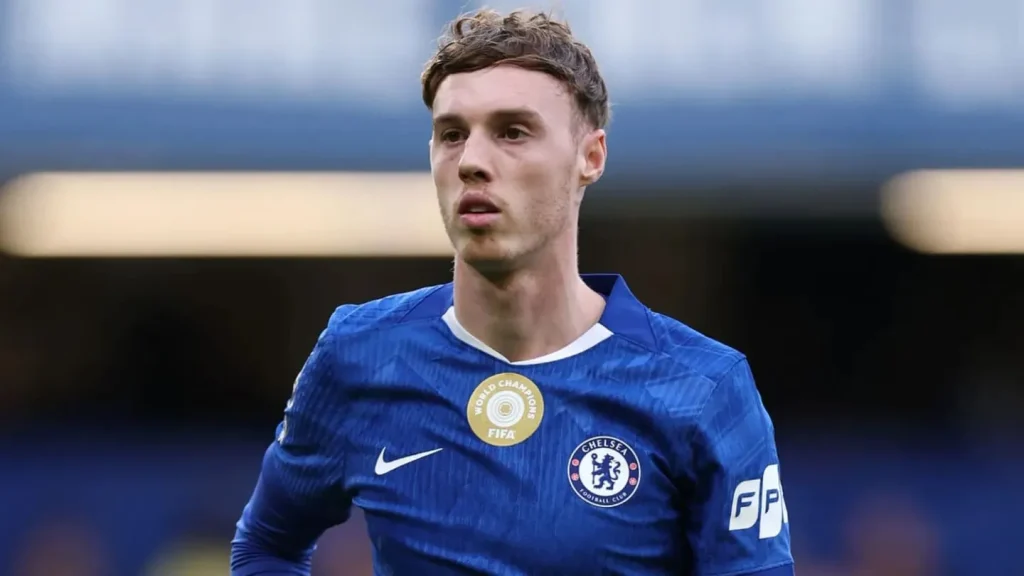ECOWAS Intervenes in Liberia’s Leadership Crisis
Liberia’s leadership crisis has taken center stage as the Economic Community of West African States (ECOWAS) sends a high-level delegation to mediate the escalating dispute in the House of Representatives. The political turmoil, which has created division among lawmakers, is set to be addressed in upcoming Supreme Court hearings. However, signs of resistance from the Majority Bloc threaten to complicate the peace process.
ECOWAS Delegation Arrives Amid Liberia’s Leadership Crisis
A delegation from ECOWAS arrived in Liberia on Sunday to resolve the House of Representatives leadership crisis. Led by Prof. Ibrahim Agboola Gambari, the former UN Under-Secretary-General for Political Affairs, the team includes top officials such as Amb. Abdel-Fatau Musah, Commissioner for Political Affairs, and key figures from the ECOWAS Commission.
The mediation effort follows a failed attempt in 2024, and ECOWAS hopes to broker a solution before the Supreme Court rules on the matter. However, a faction of lawmakers appears unwilling to engage with the delegation. One Majority Bloc member declared, “We are not going to listen to them. In fact, we have begun making friends in the region. We have been traveling in recent days to make new friends. So, we are not children for ECOWAS parliament to decide for us.”
DON’T MISS THIS: Germany Approves Historic €500bn Military and Infrastructure Spending Amid Last-Minute Political Deal
Supreme Court Hearings to Decide Liberia’s Leadership Crisis
The Supreme Court of Liberia is set to hold two critical hearings that could determine the future of the House of Representatives leadership dispute:
- March 19 – The court will review a Bill of Information filed by Speaker J. Fonati Koffa and his allies, challenging the legitimacy of Richard Koon’s election as Speaker.
- March 26 – The court will hear a Petition for Writ of Mandamus filed against the Ministry of Finance and Development Planning, questioning the allocation of legislative funds.
The outcomes of these cases could significantly alter the balance of power within the legislature.
Political Divide Deepens in Liberia’s Leadership Crisis
As the House of Representatives remains divided, efforts to foster reconciliation have gained traction. The Liberia Council of Churches (LCC) and the Interreligious Council of Liberia (IRCL) recently hosted a two-day Reconciliation Dialogue, urging lawmakers to prioritize national unity.
Members of the Minority Bloc, who support Speaker Koffa, maintain that “Koon is not the legitimate Speaker of the House.” They argue that his leadership violates constitutional provisions and undermines the integrity of the legislature. Meanwhile, tensions continue to rise, with infighting, suspensions, and political standoffs crippling legislative progress.
Religious leaders, including Bishop Arthur F. Kulah and Rev. Dr. Christopher Wleh Toe, have urged lawmakers to act with transparency, integrity, and accountability. They emphasize that resolving Liberia’s leadership crisis is essential for restoring public confidence in the country’s democratic institutions.
What’s Next for Liberia’s Political Landscape?
With ECOWAS intervention, upcoming Supreme Court rulings, and ongoing political tensions, the coming weeks will be decisive for Liberia. If mediation efforts fail, the country could face prolonged instability, affecting governance and economic progress.
As stakeholders push for a resolution, all eyes are on ECOWAS, the Supreme Court, and Liberia’s lawmakers to determine the next chapter in this unfolding crisis.
Would a peaceful resolution be achieved, or will the leadership dispute escalate further? The answers lie in the hands of the key political actors and the judicial system.

